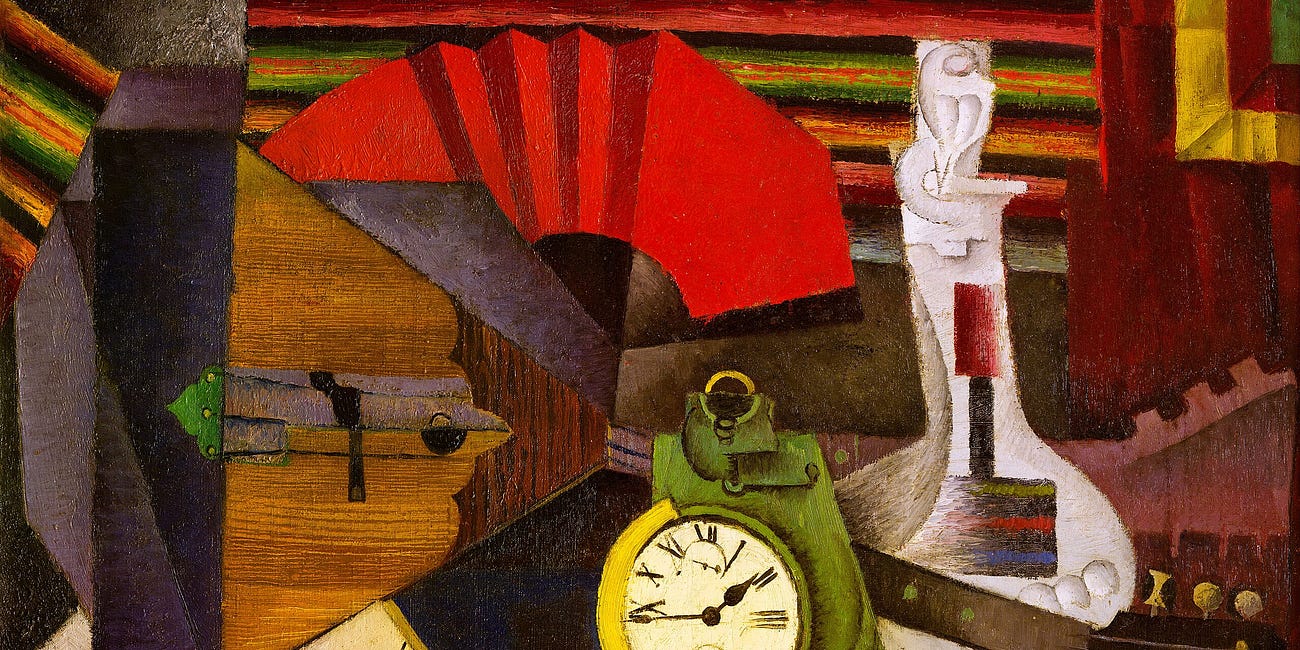I have been down with a pretty bad flu this week, meaning I haven’t been able to concentrate on making the high-quality posts you all know and love. The severity of this illness has also made me question how a loving God could possibly allow such an evil to befall his strongest soldier. So today I’m bringing you a shorter reflection on divine hiddenness. Both Sides Brigade has already argued a similar conclusion, though I swear I thought about this before he posted that, so sue me!
I think it’s pretty obvious that it isn’t obvious that God exists, and many (most?) people doubt his existence. This should make us wonder why he doesn’t make his existence more apparent if he does in fact exist. After all, there are several reasons why we should expect God to reveal himself, if he does exist. Firstly, if you (falsely) believe that unbelievers suffer in hell, it would be pretty nice if God made this clear, and gave us strong reason to accept him into our hearts, etc., seeing as it gets quite toasty if we don’t. Secondly, it seems like that if God exists, it would be a great good to be in a loving relationship with him, on account of him being perfect and all that. And it generally complicates the prospects of having a relationship, if one party doesn’t really make their presence clear. Thirdly, God existing is pretty big if true, and a priori i would expect to see clear marks of a perfect creator, if he made our universe, outside of abstract philosophical arguments.
This all makes it quite clear that if God exists, he probably has some good reason to want to stay hidden. To keep my clean hands off the dirty first-order issues, I’ll just say that generally it seems like any good account of divine hiddenness will involve some good coming from God’s being hidden, which isn’t achievable otherwise (or at least very difficult to achieve otherwise).
Suppose now that philosopher Lilliam Cane Wraig comes up with an irrefutable argument for theism—say the Malak cosmological argument—which proves God’s existence to all but the most resistant non-believers. This would be pretty surprising. I mean, we just established that God must be achieving some great good from staying hidden, and he surely wouldn’t want Wraig squandering this good by giving his amazing proof that would convert the masses. I guess what I’m trying to say is that given theism and hiddenness, you should predict to never find a super compelling reason to believe in God.
Depending on the specifics of your first-order explanation of hiddenness (which I promised I wouldn’t discuss), there might be certain exceptions to this rule. For example, the more I think about it, the more I tend to think that the anthropic argument, primarily championed by family pet Bentham’s Bulldog, works. Now, even if this is the case, I don’t think that will undermine the goods of hiddenness too much. Say that the point of hiddenness is that being willing to search for God in the face of a seemingly godless world shows virtue and strengthens your relationship with God or something. Since the anthropic argument relies on a specific position on a niche topic in a niche discipline, there being such an argument won’t really interfere with that goal too much (though it would still be slightly unexpected).
On top of that, people generally don’t seem to be moved to or from “committed theism,” if you will, on the basis of abstract philosophical arguments, as you can always say “hmm, I’ll have to think more about that” and then never think about it again, or come up with some ad hoc rationalization. What should be unexpected is very clear and irresistible demonstrations of the existence of God, which only evil sinners deliberately resist. That is, we should not have high hopes for ever finding a particularly irresistible and straightforward argument for theism, even if theism is true.
A perhaps more interesting question is what to think if you actually do find a super compelling argument for theism. It seems like this might lead to paradoxical consequences. After all, theism predicts that you wouldn’t find so strong evidence, and so finding that evidence is reason to doubt theism, which means that the evidence for theism is also evidence against theism. What the flip?!
It will really depend on the specific evidence in question. Perhaps it is such that it turns out that God was never hidden to begin with (doubtful), in which case there’s no paradox. Or perhaps the fact of hiddenness should give you some higher-order doubt about the evidence, yet the evidence itself is still evidence for theism. Or perhaps some third alternative that I didn’t have the patience to come up with.
I think all two of these are right to some extent, though the general model is just to realize that we aren’t talking about the Theism, but theisms—that is, several different specific hypotheses can fall under the vague heading “theism.” There are many (infinite) sets of divine intentions and predictions that are epistemically compatible with theism, and these can be gerrymandered as much as you want. So if you find some super compelling proof for theism, then that disconfirms theism-1, which claims that God would never want his existence to be obvious; but it confirms theism-2 which claims that God generally prefers himself to be hidden, except in such and such circumstances. Theism-2 will clearly be less probable prior to considering the proof, since theism-1 more elegantly fits hiddenness. Thus the proof is not as strong as it might at first appear, but it will still be pretty strong—especially if it’s as good as everyone’s been telling me.
So hiddenness shows that we shouldn’t expect to find any “proofs” of theism, even if theism is true. But if we do find a proof, hiddenness doesn’t show that it doesn’t work (though it should give us some higher-order uncertainty), it is simply a prompt to revise our understanding of how to account for hiddenness.
You Might Also Like:
The Moral Knowledge Argument Sucks
Dustin Crummett and Philip Swenson—philosophers I often find myself agreeing with—have a book chapter where they argue that there is a strong argument from moral knowledge to the existence of God. Fellow substackers Amos Wollen and Bentham’s Bulldog—who I also agree with on many issues—find this argument compelling too. So it’s sort of in the cards that…
The Divine Repugnant Conclusion: A Theodicy
The problem of evil is one of the oldest and most persistent problems to haunt theism. But there could still be hope, and the savior is not who you might expect: The philosopher Derek Parfit.







This post is tracking a general intuition I’m coming towards which is that there are serious higher order worries about theism that aren’t *exactly* the hiddenness worry, but either spill out from hiddenness considerations, or cluster around the same concept. Great post.
Shooting from the hip: One thing I've noticed is that people assume God (of religion x) making himself known with sufficient evidence somehow means everyone would necessarily believe in him or follow religion x. I don't think this is necessarily true! There are many truths that are pretty obvious for anyone sufficiently open to evidence, thinking logically, etc (say: the world being round), but some people don't accept that truth.
One of the implications of your post here (and I'll admit I'm not taking shots at your conclusion because I honestly don't follow your reasoning - that's probably my fault and not yours, but it's okay because I'm not criticizing it!) is that God's divine hiddenness is for the moral/personal growth of believers, but this implies people react to reality/known facts uniformly. I don't think that's true.
I'm also trying to figure out my position on divine hiddenness because (assuming God exists - which I don't believe, but nevertheless suspend doubt for the sake of exploring the question) I think the question of the benefit of hiddenness is interesting. But to make that case that hiddenness is superior to non-hiddenness, people have to make the case that people can or would react to non-hiddenness the same.